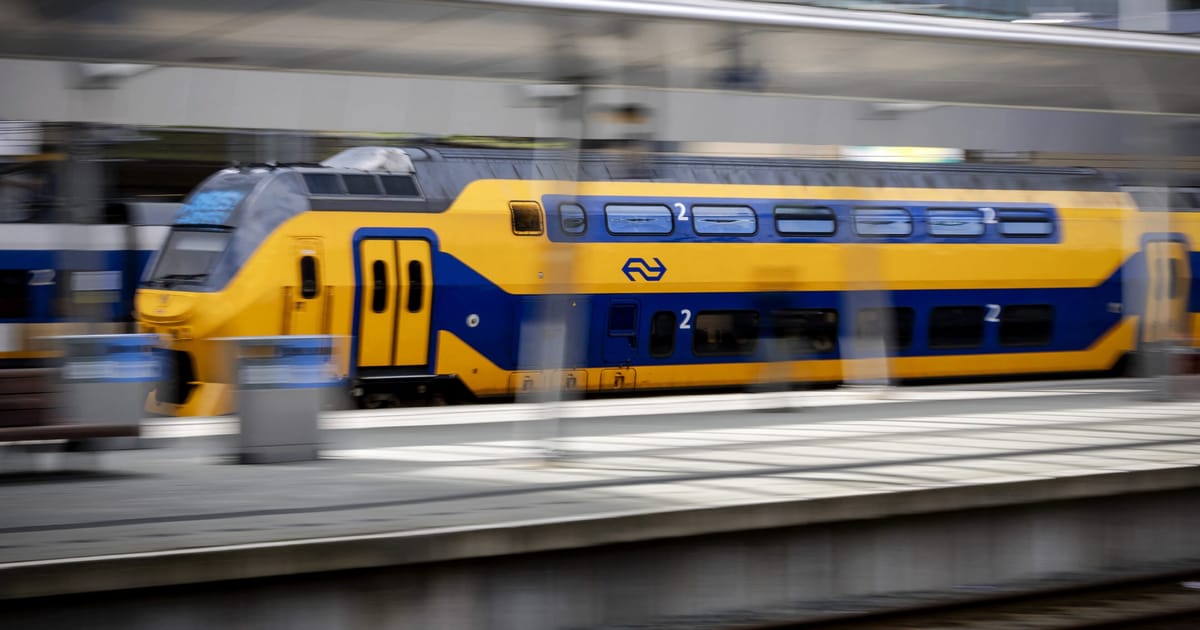

As Europe navigates a complex landscape of social, political, and infrastructural challenges, various initiatives emerge to address pressing concerns with a spirit of cooperation and innovation. From emergency planning in the Netherlands to collaborative governance efforts in Brussels, and broader European dialogues, concerted efforts are underway to foster resilience and unity.
In the Netherlands, the government is considering a novel approach to healthcare logistics in response to the escalating demands posed by regional tensions. The Dutch defense ministry is actively discussing the potential conversion of railway wagons into mobile hospitals capable of providing medical care to wounded soldiers. This forward-thinking initiative seeks to leverage existing infrastructure to offer flexible and timely medical support, integrating seamlessly with the national healthcare framework. By utilizing rail transport, which is already well-developed and widely accessible, the Netherlands hopes to enhance its emergency response capabilities efficiently.
Meanwhile, in Brussels, the seat of European decision-making, political actors continue to strive for stability and governance. After protracted negotiations, parties are on the cusp of forming a new coalition government. The prolonged discussions underscore the complexity inherent in balancing diverse political interests, yet they also reflect a commitment to achieving consensus that serves the broader population. This anticipated coalition signals a fresh chapter for the Belgian capital, promising renewed focus and direction to address local and regional issues.
Further east, diplomacy remains a beacon amid geopolitical tensions. Russia has expressed readiness to engage in the third round of negotiations concerning its ongoing situation with Ukraine. The involvement of major global players, including the United States, highlights the significance of these talks. With terms like “important” surfacing in diplomatic rhetoric, there is a cautious optimism that dialogue may yield pathways to peace and stability in the region. The international community’s supportive stance underscores a collective resolve to mediate and guide the situation towards constructive outcomes.
On a broader scale, Mozambique advocates for regional solidarity within the Community of Portuguese Language Countries (CPLP). Emphasizing shared history and linguistic ties, Mozambique’s leadership calls for the consolidation of a “shared citizenship” among member states. This vision extends beyond cultural connections, aspiring to fortify responsibilities and mutual support mechanisms that enhance regional cooperation and development. By aligning these shared interests, CPLP aims to fortify bonds that transcend national lines, promoting collective progress and sustainability.
In addressing societal concerns within its borders, the European Union is keenly focused on finding solutions to the pressing housing crisis by the spring of 2026. Spearheaded by Ursula von der Leyen’s executive, the EU emphasizes an inclusive approach, inviting citizens, investors, and national authorities to participate in a comprehensive public consultation. This participatory process is designed not only to identify challenges but also to collaboratively craft viable solutions that reflect diverse perspectives and needs. By prioritizing open dialogue, the EU aims to foster environments where housing affordability and accessibility are achievable for all its citizens.
Together, these efforts across Europe illustrate a profound commitment to collaboration, innovation, and dialogue as means to address multidimensional challenges. Whether through adaptive healthcare solutions, political coalitions, diplomatic negotiations, regional solidarity, or participatory policy-making, Europe exemplifies a thoughtful and concerted approach towards building a resilient and harmonious future.
Source: {link}
